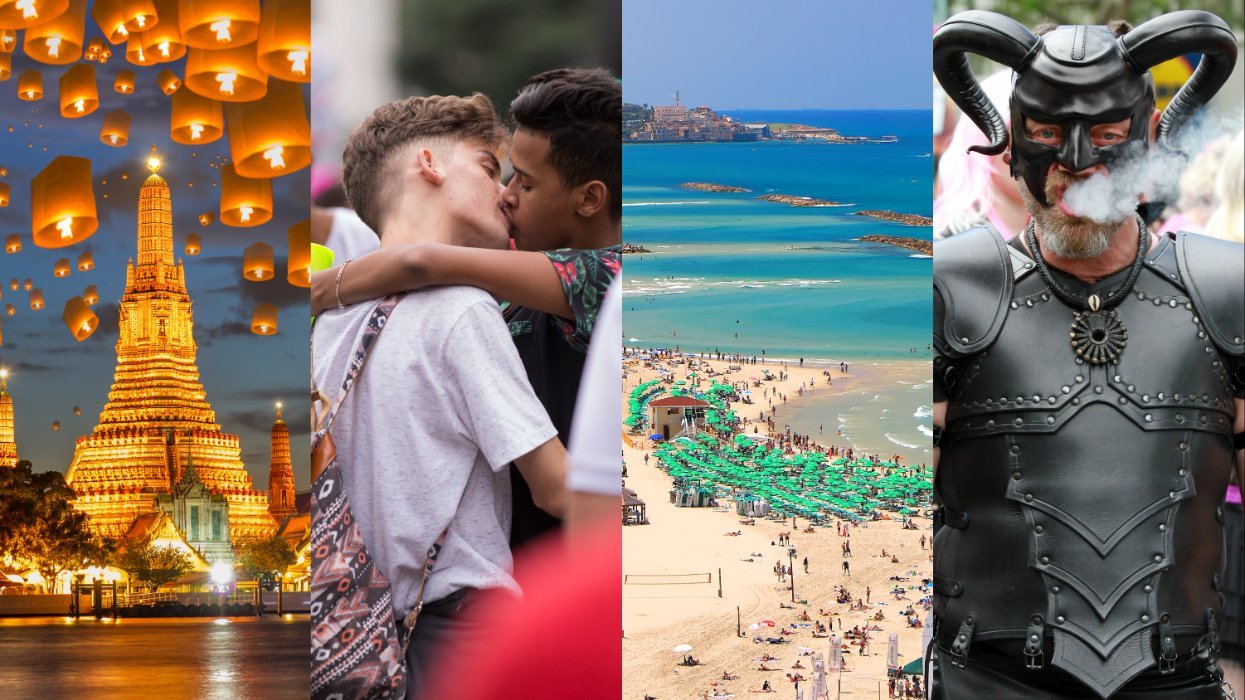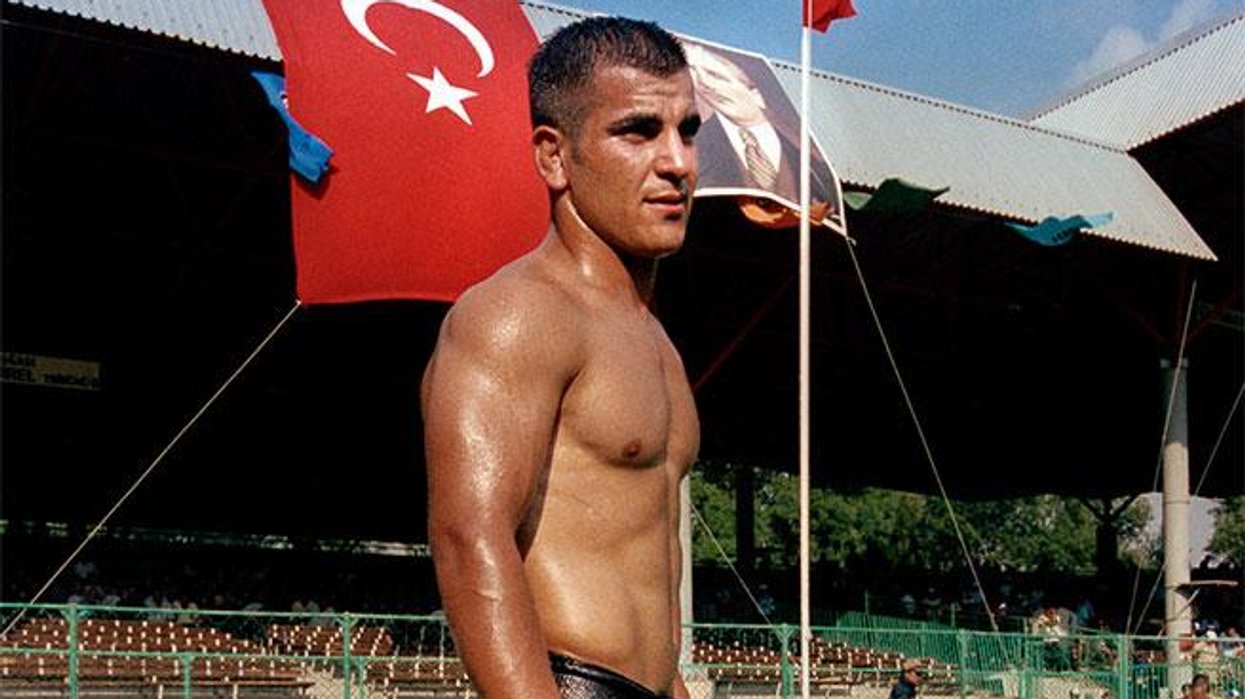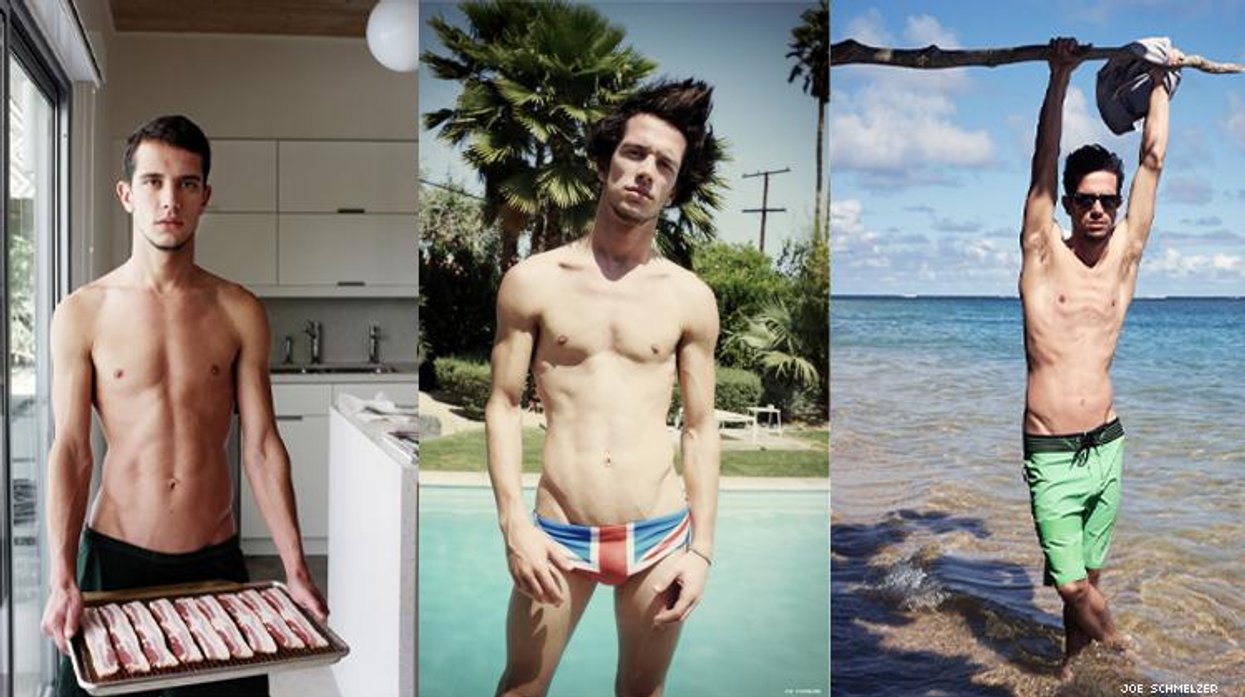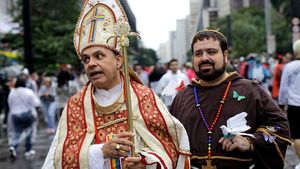The opening of Albert Adrià’s latest restaurant, Enigma, represents the culmination of an extraordinarily creative period for the former elBulli chef. After opening two restaurants in Barcelona in autumn 2014, and winning a Michelin star for one of them, he launched his Heart Ibiza venture last summer, a fantastical collaboration with brother Ferran and Cirque du Soleil (a “cabaret of the future,” Ferran calls it. “A cocktail where we mix art, gastronomy, circus, performance and discotheque.”). No wonder TIME magazine dubbed Albert the ‘Magician of the Moment’.
All this on top of the four restaurants he’d already opened in and around Barcelona’s Avinguda del Paral.lel since the closing of elBulli in 2011. This concentration is partly a question of logistics, to facilitate zipping from one to another every night to keep an eye on the dishes, but there are sentimental factors at work too. As a child, Albert was enthralled by the magical atmosphere of the Paral.lel, back when it was Barcelona’s Broadway, glittering with all the razzmatazz of theaters, marquees and cabarets.
Those glory days are long gone, but Adrià’s emotional attachment lingers on in the burlesque atmosphere of his Tickets restaurant, with its big top stripes and playful food, where French fries turn out to be pineapple, the ketchup is made of strawberries and pearls are really seaweed.
Yet for all his reputation as the Barnum & Bailey of cutting-edge cuisine, four of his five restaurants are based on traditional or ethnic food.
“The foods I most enjoy preparing are traditional Spanish dishes, los guisos de siempre,” (literally, the stews of always), Albert tells me.
This deep-rooted passion is evident in his very unmolecular Bodega 1900, a turn of the century-style Catalan vermouth bar, where the key is traditional simplicity: Iberian ham, sardines, fuet, salchichon and other cured sausages. “Utterly classic,” he calls it.
Similarly, when I ask him to name three ingredients he couldn’t live without, two are Spanish touchstones: tomatoes and olive oil. And the third?
“Lime. It isn’t Spanish, but I love using it.”
Which brings us to his three Latin-American ventures. In 2013 he opened Pakta, serving Japanese-Peruvian fusion cooking known as Nikkei, which originated among Japanese emigrants in Peru. In November 2014, Pakta was awarded a Michelin star, adding to those already garnered the year before by Tickets and 41º.
“It was a surprise, because I thought it was still a bit too soon,” Adrià said. “But the truth is that the lads have done an incredible job, and the evolution has been constant ever since the day we opened. As I say, the happiness I felt for the team was the greatest sensation.”

Albert Adria (left) and Hoja Santa Chef Paco Mendez (right). Photo courtesy of elBarri
THE SACRED LEAF, THE YOUNG CHILD & HAUTE CUISINE FROM THE ‘HOOD
Throughout 2014 it was widely reported that Adrià would open a Mexican restaurant, Yauaracan. Instead, in Autumn 2014 he ended up opening two of them: Hoja Santa (Sacred Leaf) and Niño Viejo (Old Child). Why the change?
“We always had in mind to open a tacos bar and a gastronomy restaurant. The only thing that changed was the name because of copyright problems. We love Mexico, and its gastronomy is a fundamental part of the country. Hoja Santa is a modern vision of traditional Mexican cuisine... an homage to all Mexico’s culture. Niño Viejo is traditional street food, plus a Mexican cocktail bar, inspired by the cities of Mexico.”
For the average entreprenuer, the idea of opening two Mexican restaurants close together in the midst of a severe crisis might seem like economic suicide. But for Adrià they aren’t just restaurants, they are concepts. The name Hoja Santa is a reference to an herb widely used in Mexican cuisine, discovered by Adrià and Hoja Santa’s Mexican chef Paco Méndez on a trip they made together to Oaxaca.
Taking their inspiration from this leaf, the duo’s vision for Hoja Santa is to transmit the “flavors and traditions of Mexican cuisine… with its pre-Hispanic origins and age-old techniques, although it will give the diner a new and different experience. At first sight, it looks like a tasting menu, but in fact it’s a series of portions designed to be shared.”
By contrast, Niño Viejo is more informal; the name intended to express “happiness, peace, anxiety, pleasure and joy. We want our customers to live the experience of transporting themselves into a state of Old Child.”
It takes its inspiration from the taco stands, street-corner seafood stalls and “all that huge variety of dishes you can find in all the streets, informal places and corners of urban Mexico,” a south of the border version of Adrià’s “haute cuisine from the ‘hood,” the concept he introduced with Tickets.
“Actually, it’s the clients who define it,” he explained Haute Cuisine from the ‘Hood. “In a rowdy, fun atmosphere [in Tickets], we offer food that has logically been served at high gastronomy places at higher prices. You have to understand that in Tickets we only average 80 euros per customer, despite having a Michelin star.”
And how did his recent interest in ethnic food come about?
”I’m interested in all good cuisine that treats the product well.”
ADRIA’S ENIGMA
But for any foodies who are pining for the madcap experimentalism that made the brothers Adrià famous – fear not!
“We’re going to try to recapture the spirit of elBulli with the next project, Enigma. It’s going to be an area of 700 square metres. with a spectacular aesthetic where, on one side, we’ll serve cocktails and fingerfood for 60 people. In the other part we’ll have a restaurant for 24 people in which we’ll pick up where elBulli and the now-defunct 41º Experience left off.”
It remains to be seen what effect the Heart Ibiza experience has had. After taking his love of the circus to its logical extreme, working with magicians, DJs, and dancers every night, he confesses the need to break with his past. So don’t expect any spherified olives.
HUMILITY & PASSION
But for Albert there is no contradiction in loving both the traditional and the avant-garde. “For me there are only two types of cooking: the good and the bad. I try to do the former.”
In doing so, he draws on a boundless pallet of ideas, from Pakta’s avocado tofu to Tickets’ Manchego cheese airbags. I ask him where he first found his inspiration.
“I started work in elBulli directly at 15, I didn’t have time for idols, but little by little I fell in love with my job. Still, I like to say that I admire all the great professionals.”
And what advice can he give to today’s budding Bulli wannabe’s?
“To the young ones, humility and passion. And to the others, the same.”
 Photo courtesy of elBarri
Photo courtesy of elBarri





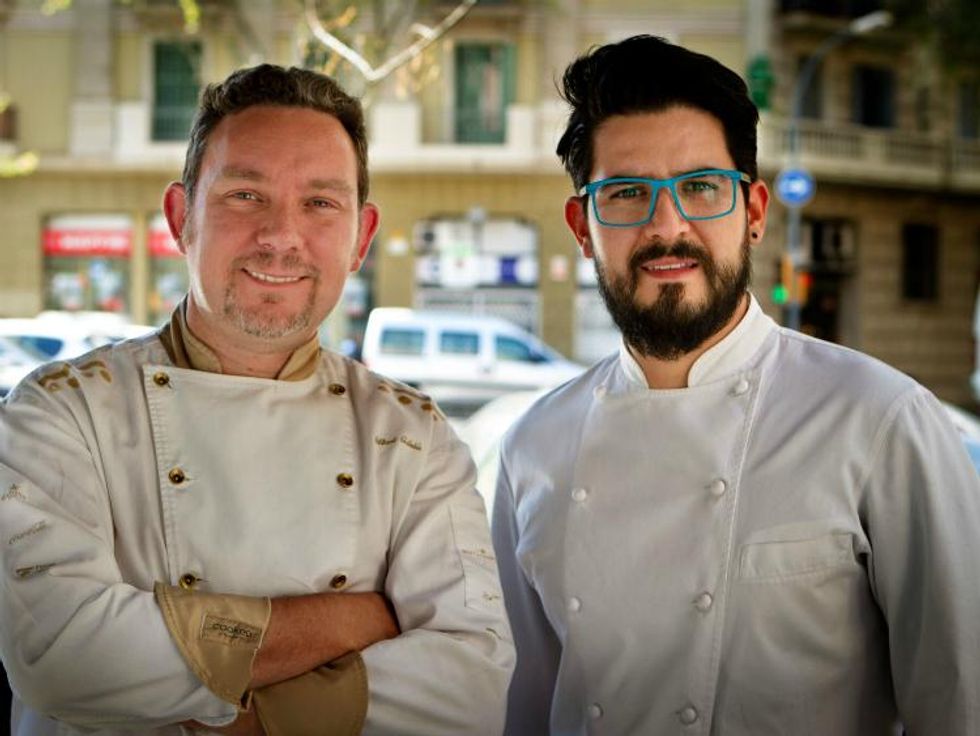
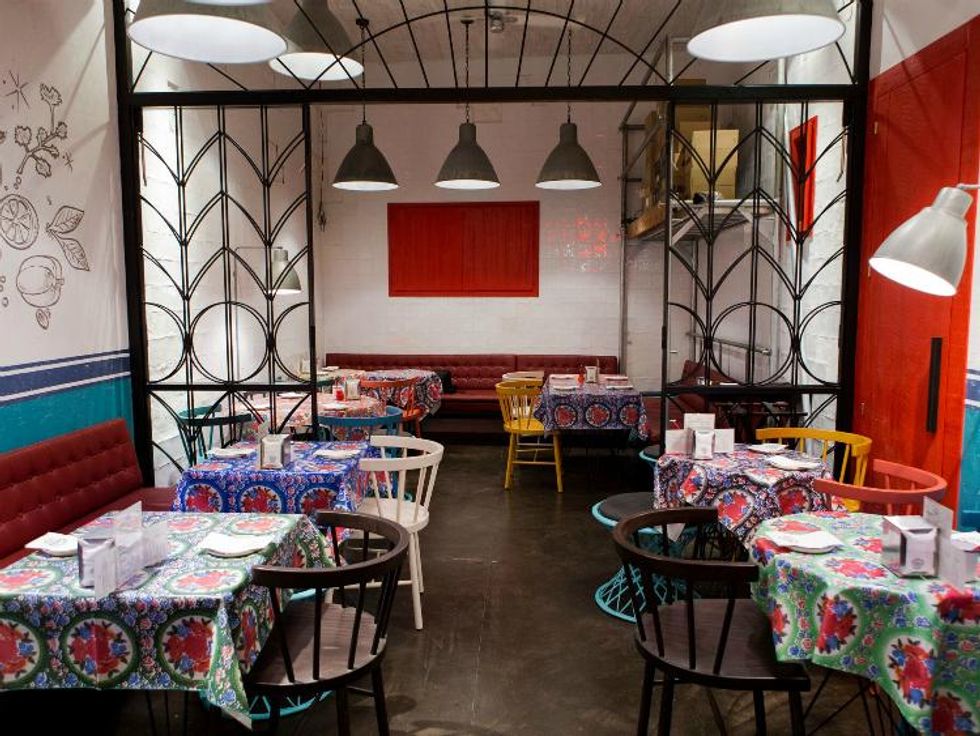 Photo courtesy of elBarri
Photo courtesy of elBarri


